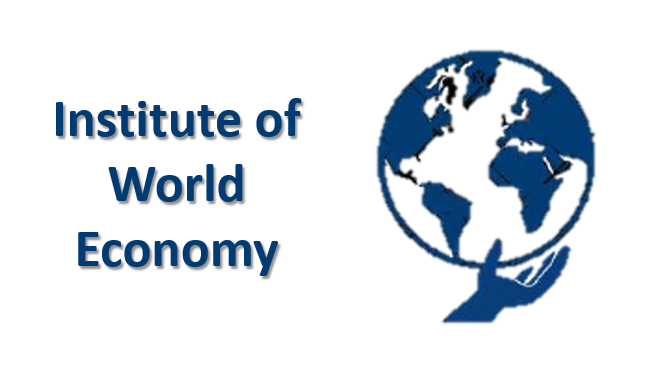How to choose a research topic?
When you have the freedom of choice on the research topic, you can feel the overwhelming weight of the decision on your shoulders. Here you can find a few good tips to make the right decision for and on your own.
- Deliminations: the scopes of your research are basically drawn up by the faculty you are enrolled in. Not surprising, your research topic has to show a strong link to your faculty that you have to justify. E.g. The Institute of World Economy would like to see your thesis in the field of the world economy, not in sociology or history, your topic should highlight economic and international linkages. Moreover, if the research has to be carried out in a more focused extent, so not as a thesis but literally as a research paper, the chosen topic has to show a strong link to the course that gave the assignment. E.g. The course of Business Strategies in Central and Eastern Europe would like to receive a paper on the business and not marketing strategies, and in the region of CEE, not on a wider international or on a completely local level.
- Value-added: at any kind of research, you have to show a value-added. If your preference is theoretical, you have to search for a theory, to which can you significantly contribute. In IWE, you learn about different theories in different courses, probably the best strategy is to merge two compatible theories or fields to find a common set and a focus point, where you can find a research niche. E.g. International law and European Union both are exhaustively researched topics, but if you constantly narrow the focus of the possible fields, you can find a niche like the ‘implementation of common alcohol policy in the EU and its impact on public health’ – Is it enough focused? Is it a research niche? The response is yes to both questions. If your preference is empirical, you have to search for either a methodology or a context, to which you can significantly contribute, similarly to the theoretical choice. The typical research context at IWE are the international organisations and transnational corporations.
- Motivation: the final decision is made by your motivation. Your motivation can be driven by your emotions or data. However, these two are closely related. If you fall in love with a research topic, you will be enough motivated to find the way to collect proper data for the analysis. And if you are not so attached to the assignment, you must ask yourself to what topic and from which context you can get data. If you know that you cannot generate or elaborate enough data in the chosen context, you should simply let it go and switch to another one.
- On time: in each case, you should take these considerations on time, before it would be too late to change the theory or the design. When you have the idea or when you feel stuck, do not hesitate to ask your professors’ opinion. The IWE staff is always delighted to consult on research manners!
If you have a concrete research topic and context with plenty of data, you should continue to narrow your focus on the area and time interval:
- You can investigate an international organisation or transnational corporation at its headquarter or subsidiaries, at a national, regional or international level. Or you can investigate national organisations or corporations from min. 2 different countries or regions at the same time.
- You can investigate a present, a past or a future time interval. The present time interval focuses on an actuality, the past time interval focuses on former events (e.g. crisis, scandal, etc.), the future time interval focuses on the impact of present events on an upcoming period.
Editor, A.S. 2018
